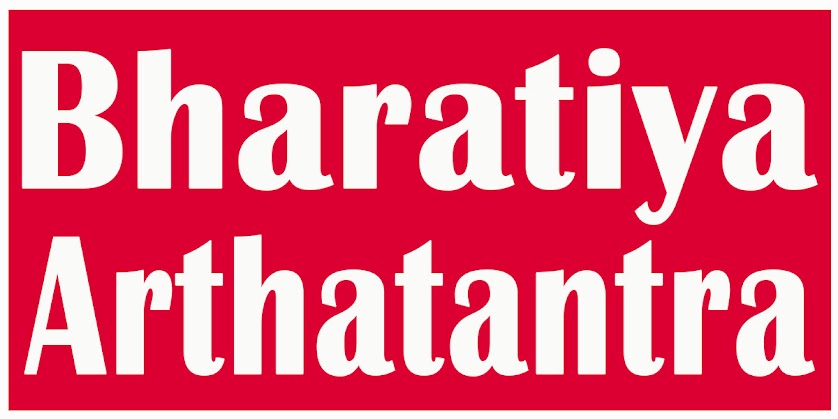Savings Strategies For Benefits
Saving is natural habit in humans. Money saving is a crucial aspect of financial well-being, providing a safety net and enabling individuals to achieve their goals. This article delves into different kinds of savings for personal benefits, offering insights into strategic approaches that can enhance your financial security and help you achieve your aspirations.
Funds For Emergency
Building an emergency fund is the foundation of financial stability. It acts as a financial cushion during unexpected expenses, such as medical emergencies or car repairs. Aim to save at least three to six months' worth of living expenses in an easily accessible account.
Short-Term Savings
Create a separate fund for short-term goals, like a vacation or purchasing a new gadget. This helps avoid dipping into your emergency fund for non-urgent expenses. Consider using high-yield savings accounts or short-term certificates of deposit for better returns.
Savings For Retirement
Contributing to a retirement account, such as a 401(k) or an IRA, is vital for long-term financial security. Take advantage of employer-matched contributions if available. Start saving for retirement early to benefit from compounding interest.
Savings For Education Purpose
For those with children or planning for further education, consider opening a 529 savings plan. This account offers tax advantages and helps cover educational expenses. Regularly contribute to ensure there's sufficient funding when education expenses arise.
Savings For Invesments
Explore investment options to grow your wealth over time. Diversify your portfolio with a mix of stocks, bonds, and other assets based on your risk tolerance and financial goals. Keep in mind that investments carry some level of risk, so thorough research and understanding are crucial.
Funds For Debt Repayment
Allocate a portion of your savings to paying off high-interest debts. Reducing debt can free up resources for other financial goals and improve your overall financial health. Prioritize debts with the highest interest rates to save on long-term costs.
Savings For Health
If eligible, contribute to an HSA to save for medical expenses. HSAs offer tax advantages and can be used for qualified healthcare costs. The funds in an HSA roll over from year to year, making it a valuable long-term health expense planning tool.
By diversifying your savings strategy across various accounts and goals, you can optimize personal benefits and create a robust financial foundation. Whether it's preparing for emergencies, investing for the future, or achieving short-term goals, a thoughtful savings plan is key to financial success.





0 Comments
Post a Comment